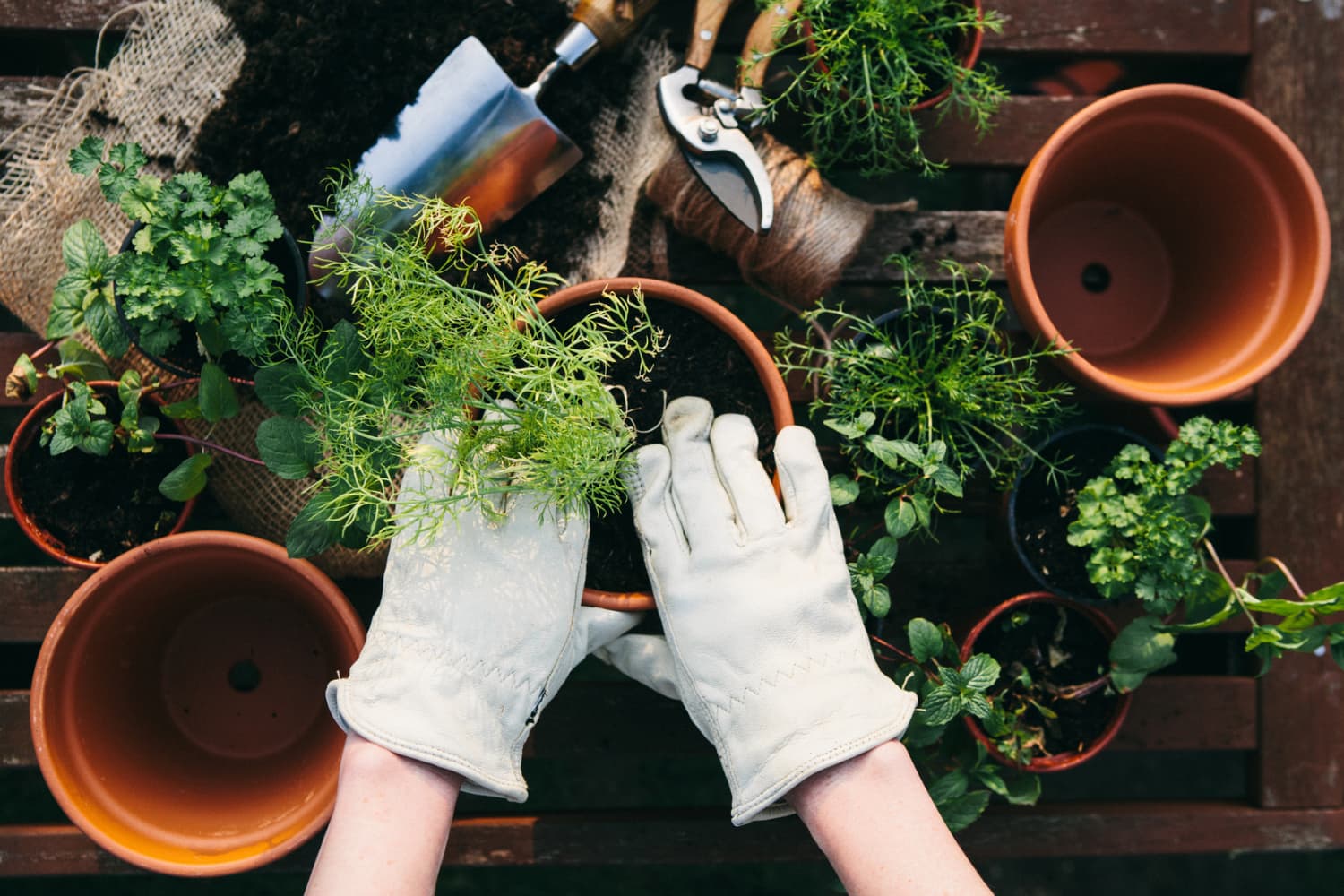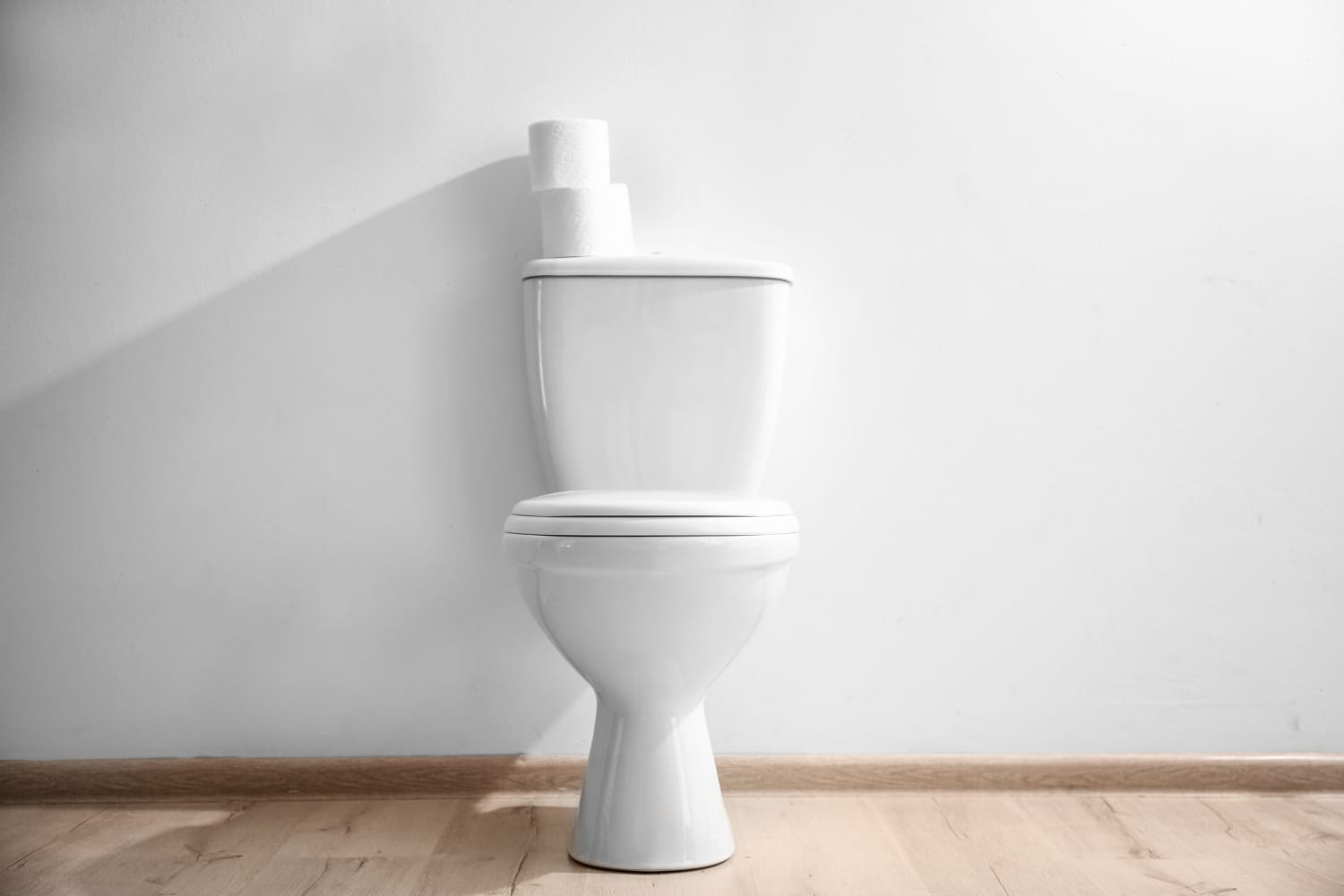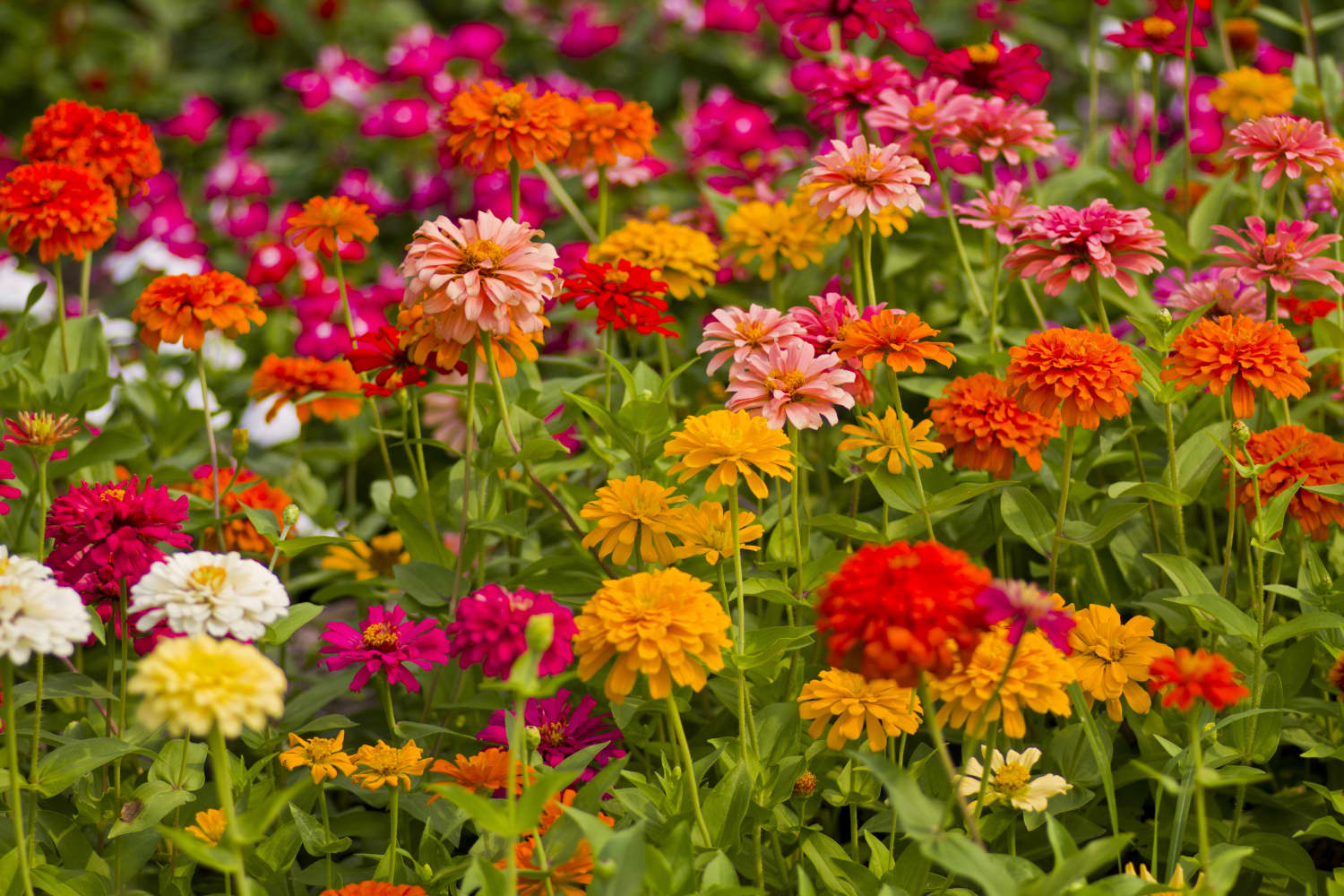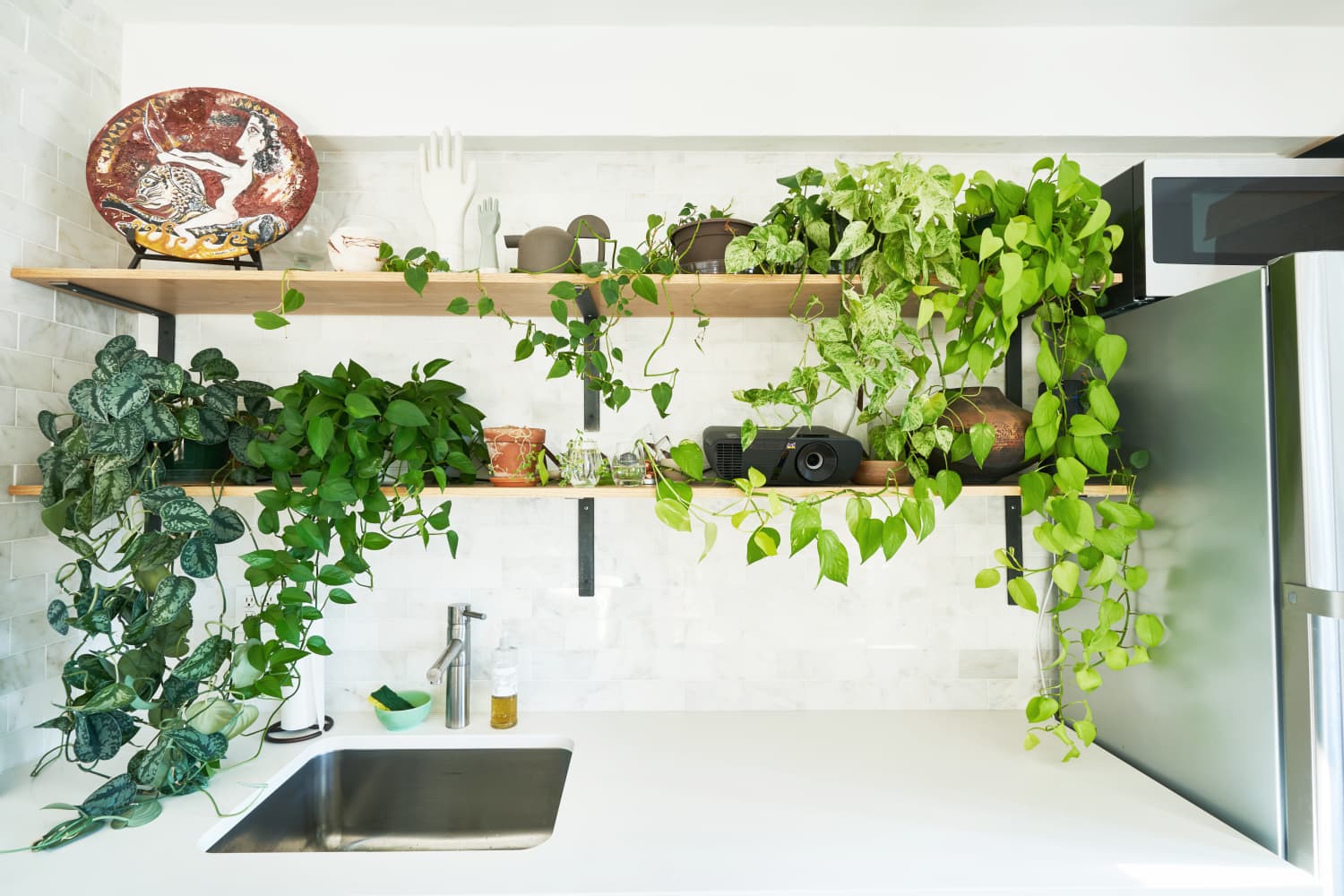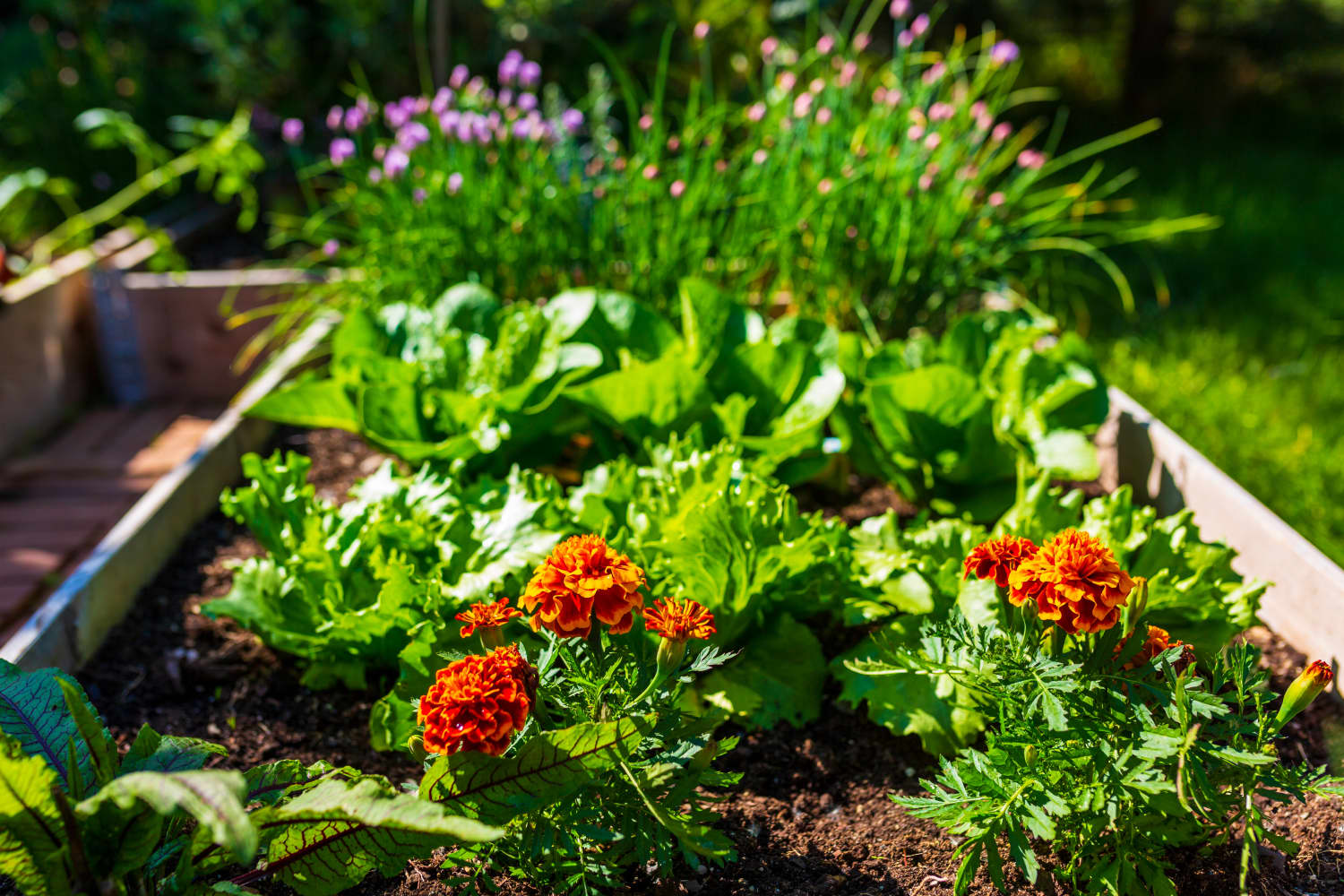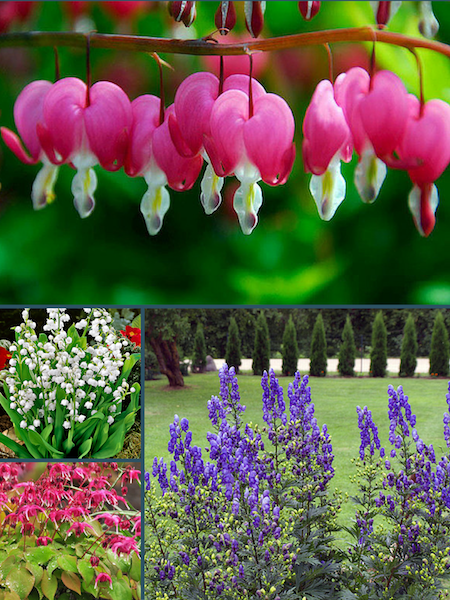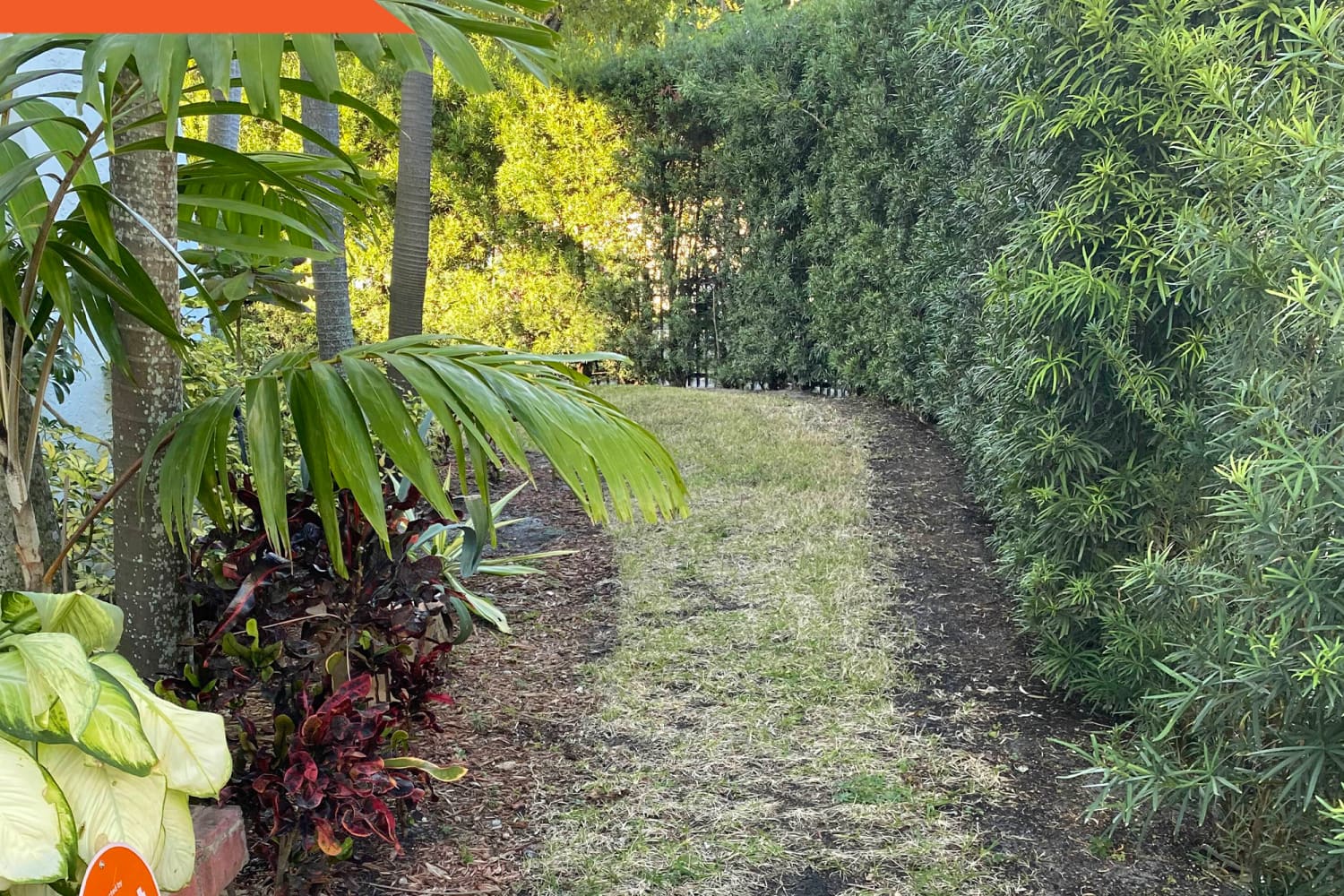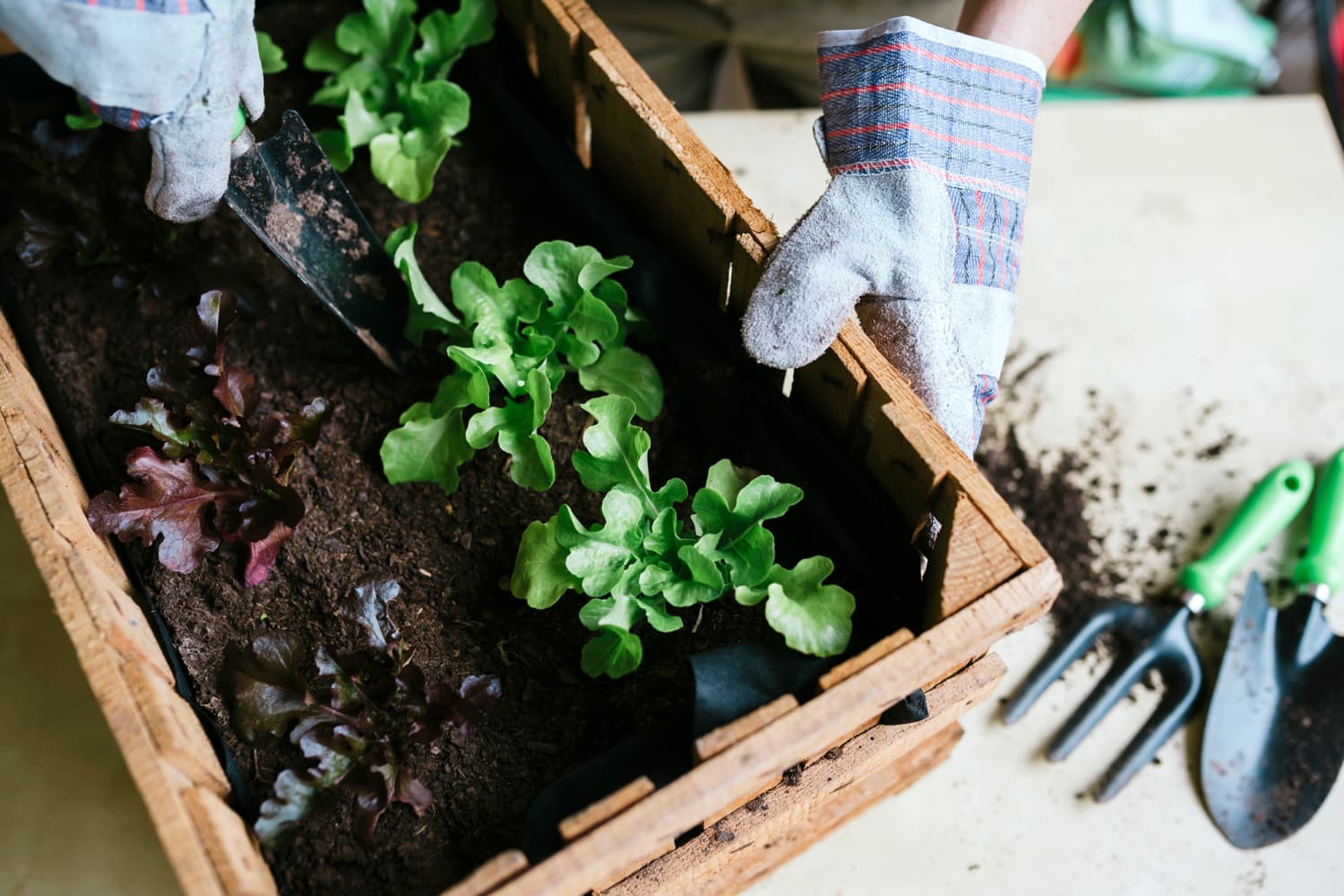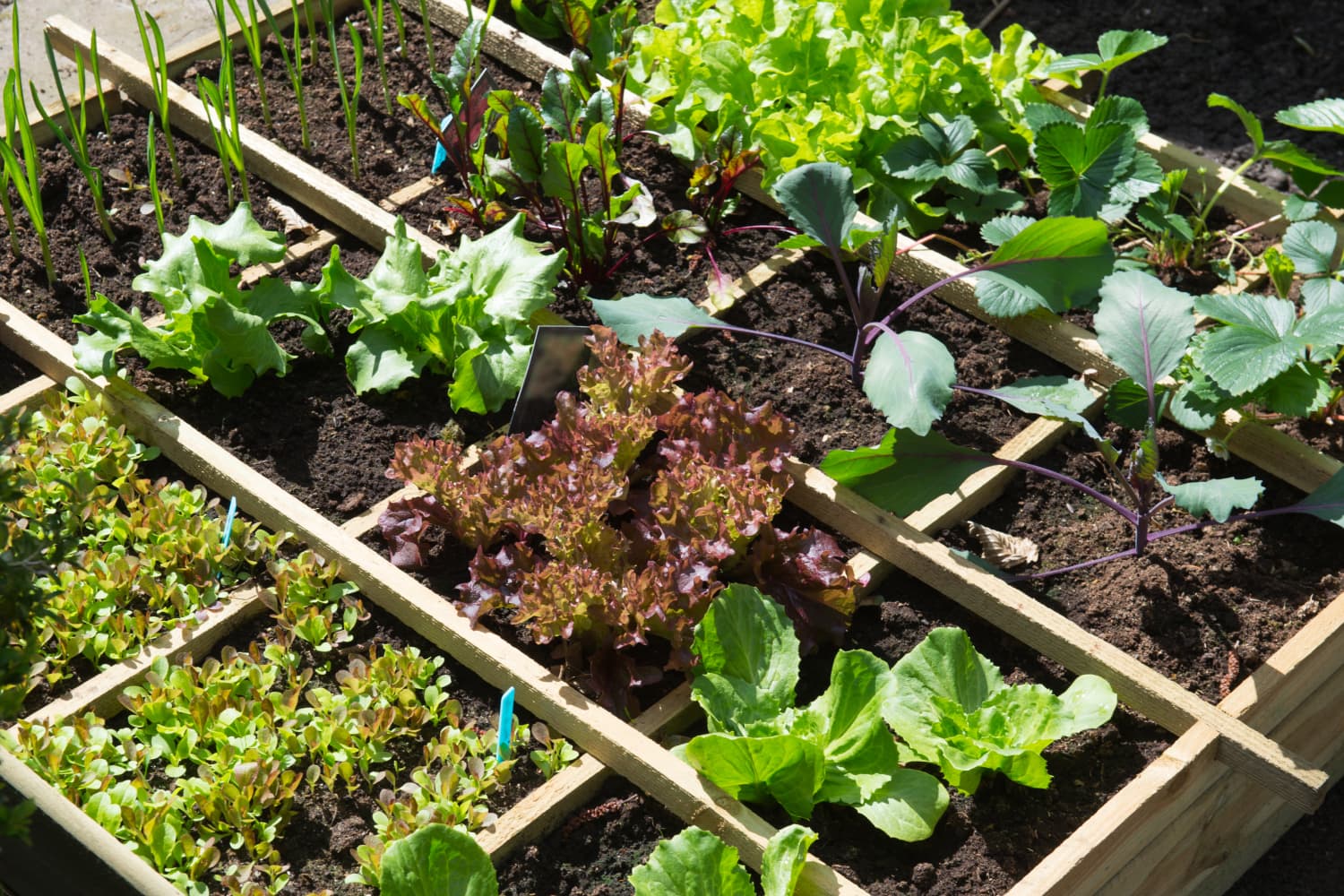This Flower Is The Bestselling Plant of 2021
U.K.-based online garden center Primrose has published a report on the most popular flowering plant of 2021, and it’s neither roses nor tulips, but instead, petunias. The flower was found to be every gardener’s favorite bloom, according to the company’s sales data, selling more units than any other plant. It’s not hard to see why: … Read more

